The Responsible AI Lab (RAIL) has reaffirmed its commitment to fostering female talent in science and technology, citing it as a core pillar of its mission to build a future-ready workforce for Ghana and Africa.
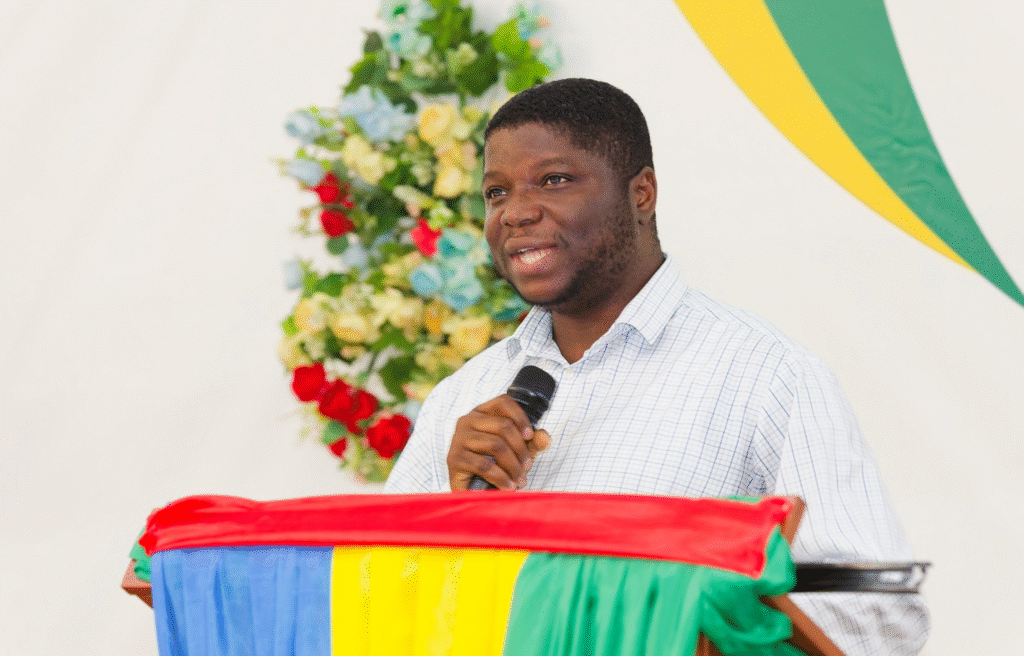
Speaking at the 2025 WiSTEM Girls’ Camp, Prof. Eric Tutu Tchao, AI in Agricultural Innovations and Food Security Theme Lead, delivered a message on behalf of RAIL’s Principal Investigator, Prof. Jerry John Kponyo, outlining the lab’s multi-faceted strategy for empowering women in STEM.
“Talent development is at the heart of our mission,” Prof. Tchao stated. “Our work extends beyond research to actively building a foundation of skilled human capital, with a dedicated focus on ensuring women are at the forefront of technology and innovation in Africa.”
Since its establishment in 2021 as one of only three AI labs funded on the continent, RAIL has demonstrated this commitment through concrete action. The lab empowers young women through targeted initiatives, including its SHECodes and RAIL robotics outreach programs in Universities, Junior and Senior High Schools and provides crucial mentorship opportunities at the university level.
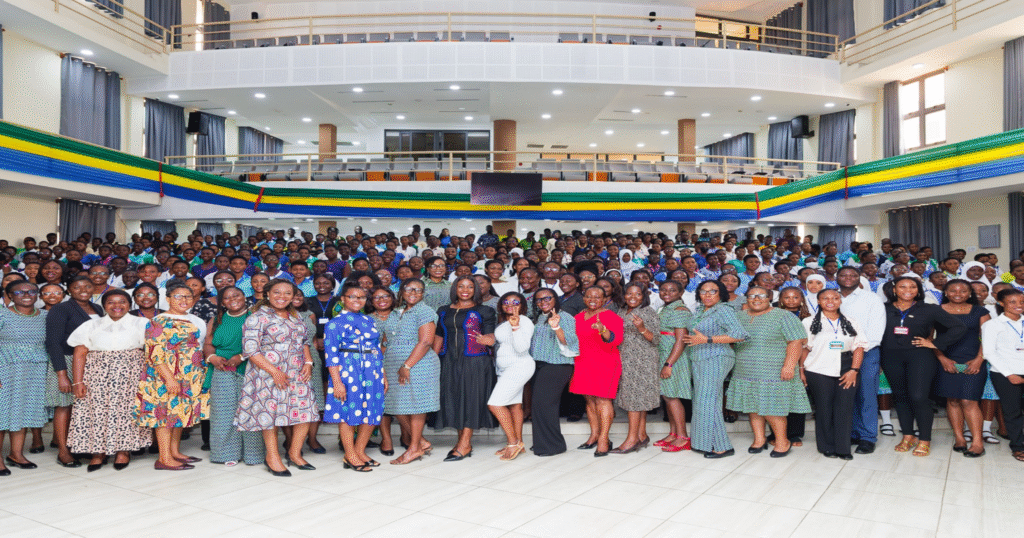
This investment is already yielding significant results. Prof. Tchao highlighted the success stories of female students from the lab who, through RAIL’s specialised training, have gained international recognition and are now paying it forward by serving as mentors to the next wave of students.
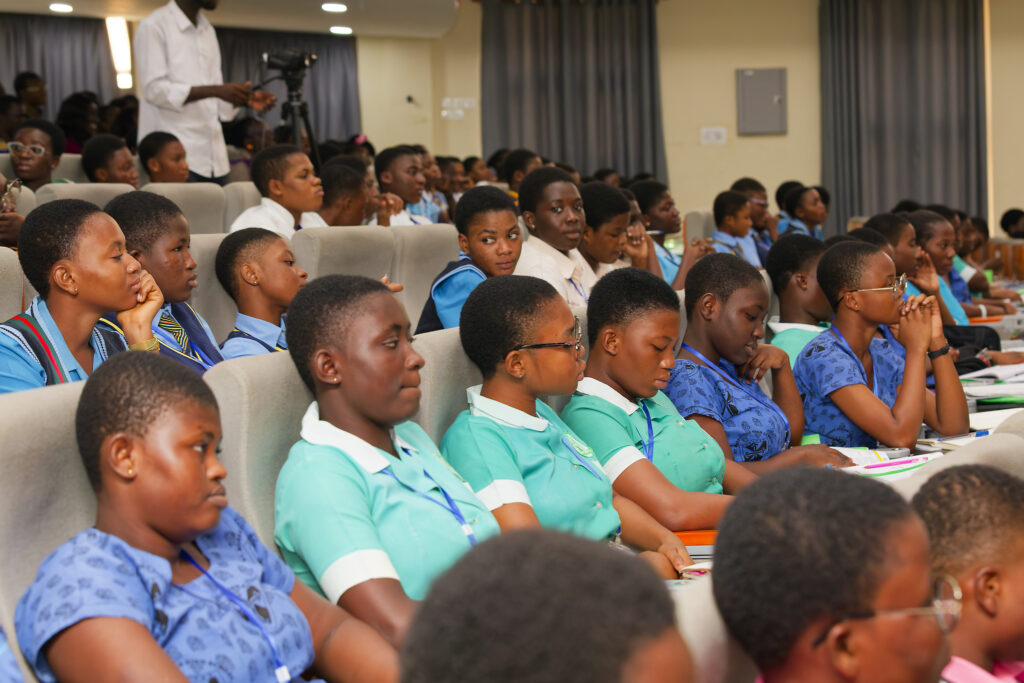
Participants participated in two RAIL projects at the WiSTEM Mini-project challenge, where they received training on AI and its application to solving real-life problems.
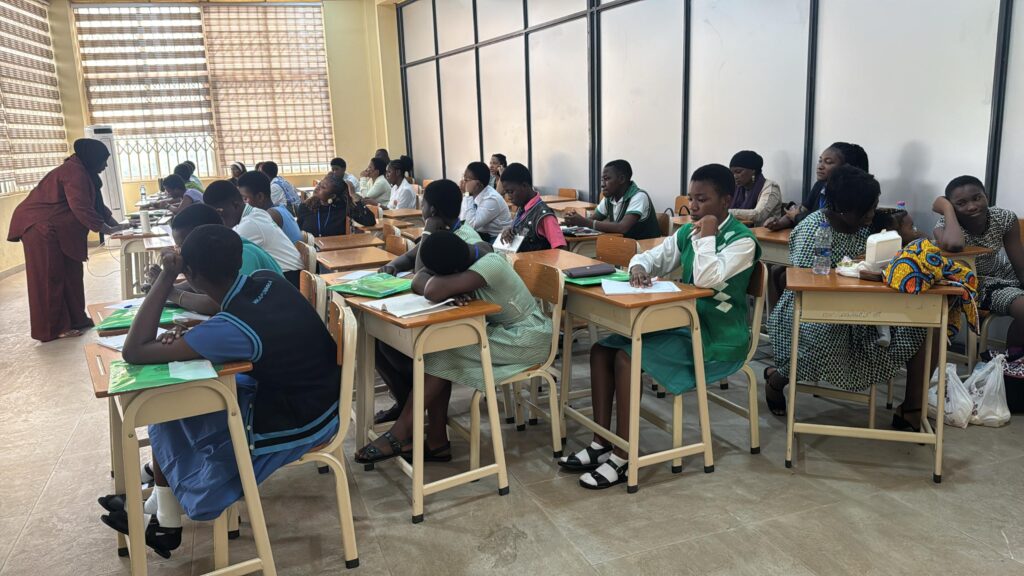
These projects directly reflect RAIL’s approach, which includes a dedicated research theme on AI in agricultural innovations.
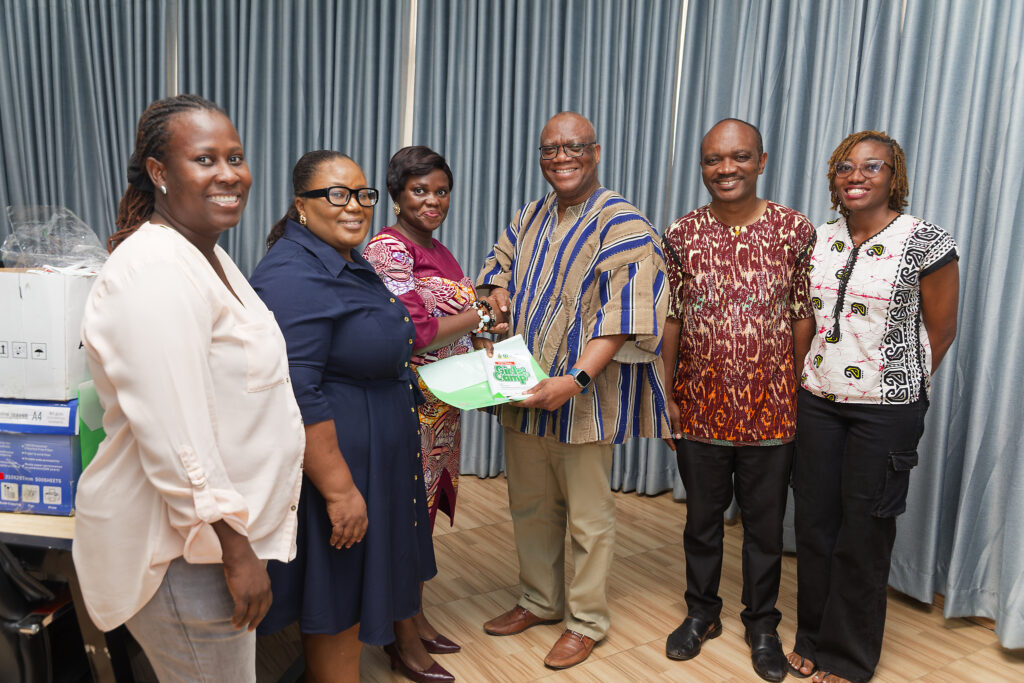
To further bolster the 2025 WiSTEM Girls’ Camp, RAIL provided practical support by donating essential souvenirs for all participants, including notepads, pens, and files.
Prof. Tchao reinforced RAIL’s dedication to deepening collaborations with WiSTEM and similar programs, aiming to produce the “game changers” who will shape the continent’s technological and economic future.